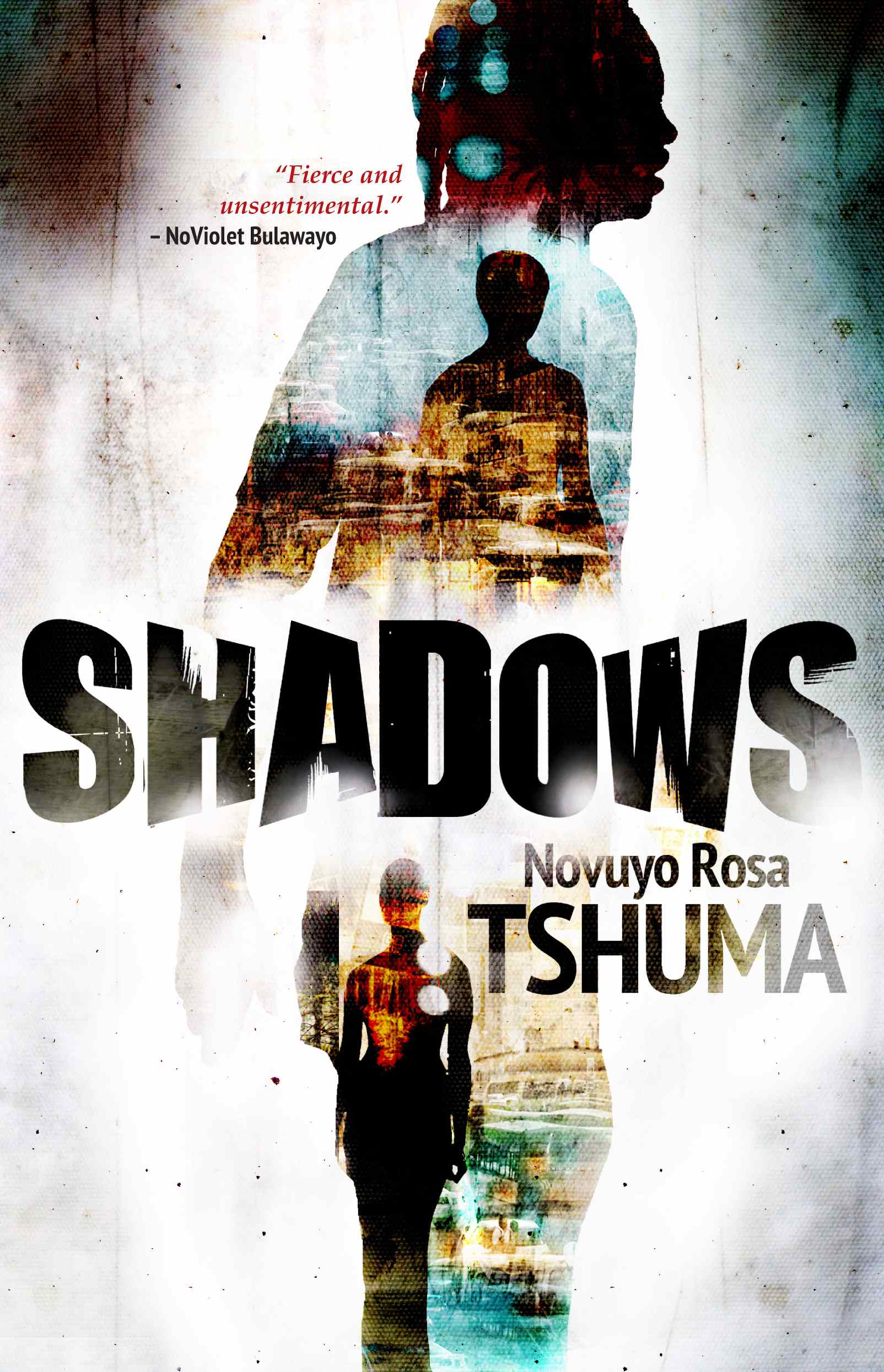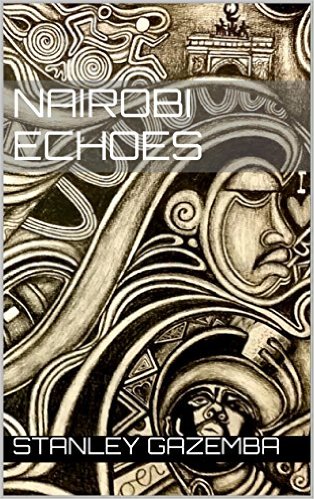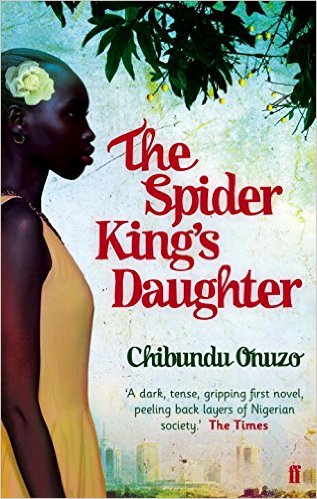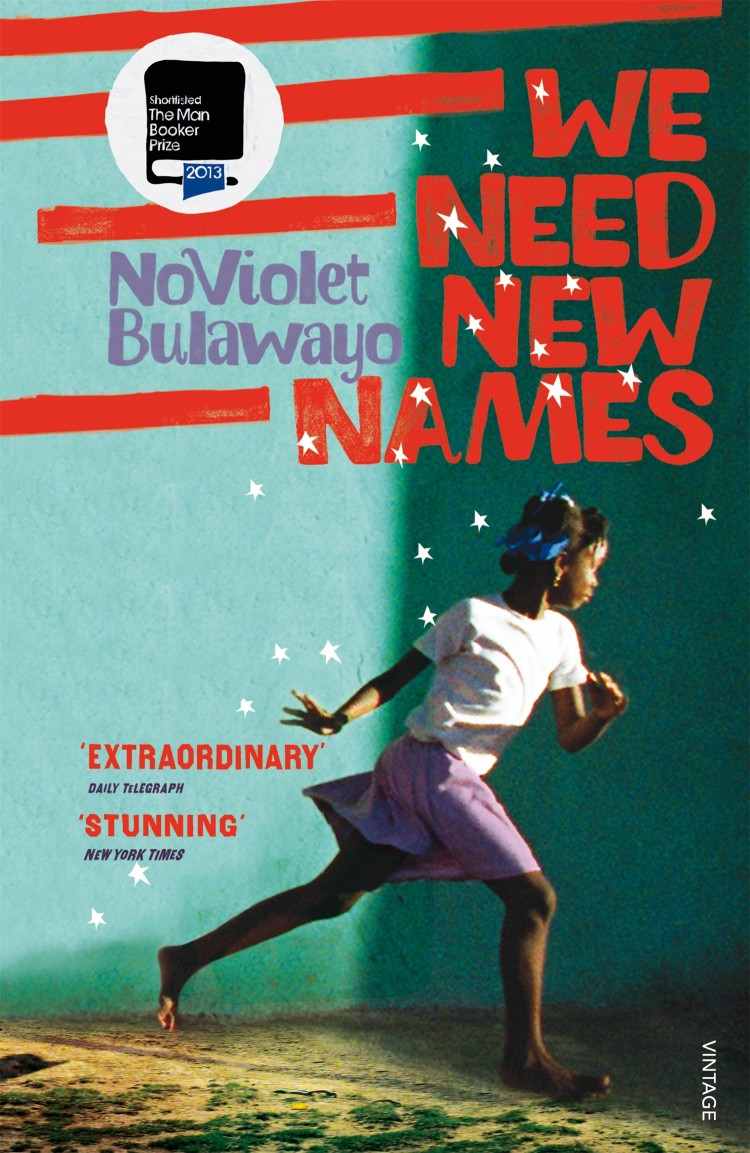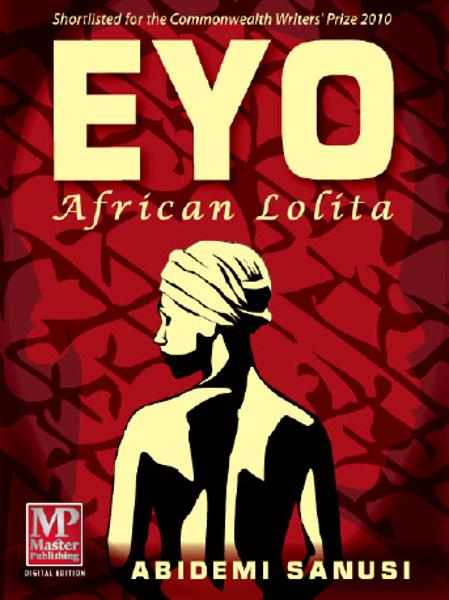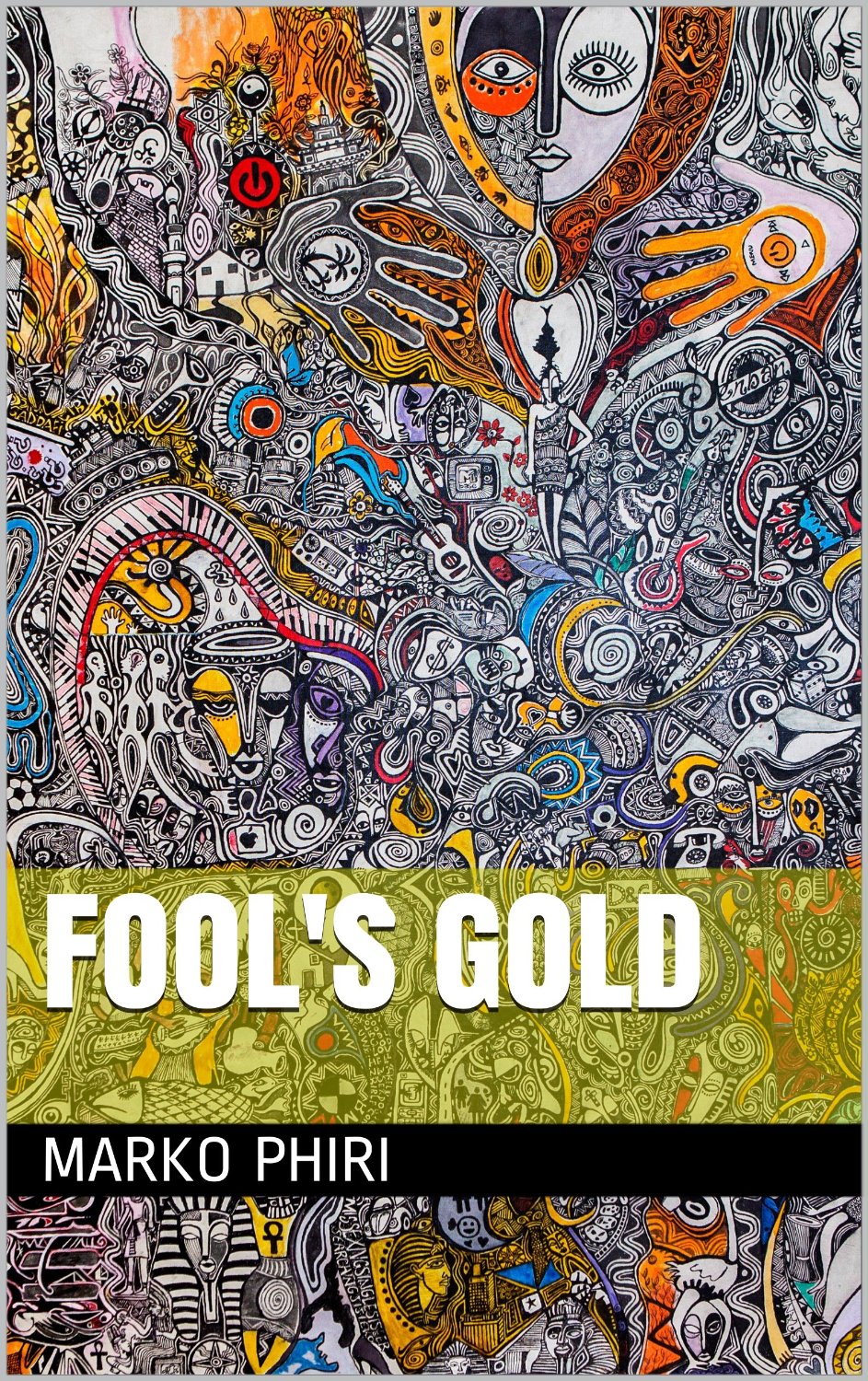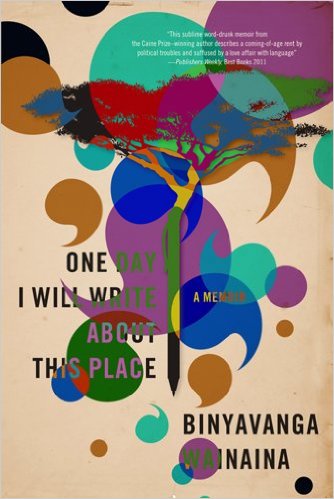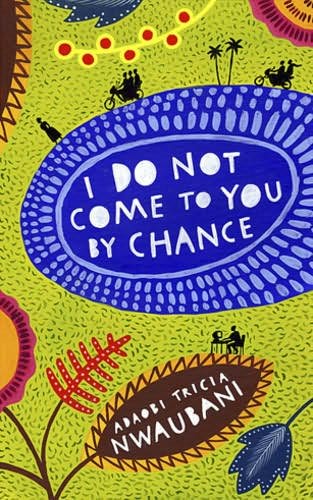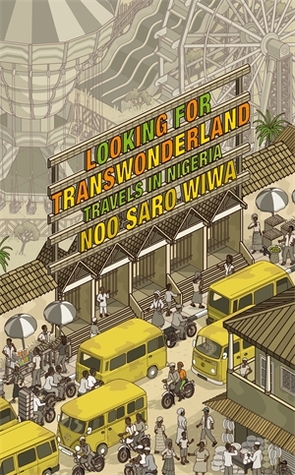For your average aficionado of contemporary African literature, finding a good story published after the 1960s that doesn’t revolve around poverty, corruption or the struggle to overcome colonial oppression can be difficult.
Not to say that these topics don’t make for interesting reads but the search for both compelling and diverse accounts of contemporary African life can leave one wanting. The last couple of years have seen some best-selling narratives by African authors and, predominately, non-African publishers – yet the pickings for diverse African stories about life today in modern African countries is still slim. This then begs the question: where are the African publishers and what are they doing to fill this void?
Emerging digital fiction platforms like Bahai Books, Short Story Africa, Afreada and Jalada are answering this call to action by publishing stories with a fresh perspective on all aspects of contemporary African life. These sites are just one medium through which up-and-coming African authors can share their stories with the world. This list showcases 10 diverse stories that best represent what life in contemporary Africa is like.
Set in the ghettos of Bulawayo and Johannesburg, Shadows is a gripping novel about a young, damaged artist sickened by the fact that his mother is a prostitute. Tshuma illustrates, with alarming accuracy, the unique challenges of daily life as a Zimbabwean immigrant living in a South African township.
Author Somi Ekhasomhi writes about the dangers and realities of mob violence in Jungle Justice, a short story about the lynching of an innocent man.
Narrated by a teenager who leaves her uneventful village life for a more exciting existence in the slums of Lagos, Jungle Justice forces the reader to think about how people deal with injustice in settings where it is inaccessible.
Nairobi Echoes is a collection of stories primarily set in the bustling metropolis of Nairobi, delving deep into the underbelly of the city: a part rarely seen by tourists and visitors. These gritty narratives explore the human experience in the confined spaces of this once glorious ‘City in the Sun’ that has since metamorphosed into a cut-throat hustlers’ paradise.
Readers are introduced to a plethora of characters: from Fanta – a young, albino girl living in Nairobi’s slums, in constant fear of being trafficked to Tanzania; to Godo – a rural village man who suspects his wife is having an affair with his local grocer; and Harrison – a wealthy expatriate who suspects his designer Tommy Hilfiger boxers are being snatched by his gardener.
Winner of a Betty Trask Award, The Spider King’s Daughter is the Nigerian version of Romeo and Juliet, but with a lot more hustle and bustle. This Lagos love story is anything but typical and highlights the challenges of intermingling between social classes in a highly stratified society.
Peter Godwin’s description of NoViolet Bulawayo’s writing is apt: ‘NoViolet Bulawayo is a powerful, authentic, nihilistic voice – feral, feisty, funny – from the new Zimbabwean generation that has inherited Robert Mugabe’s dystopia.’ We Need New Names is an engaging, semi-autobiographical account of a 10-year-old’s transition from life in Zimbabwe to life in America. This book is written in a gritty yet moving manner and it captures Zimbabwe’s gradual decline through the eyes of its young protagonists.
Shortlisted for the 2010 Commonwealth Writers’ Prize, Eyo: African Lolita is the gut-wrenching tale of an illiterate, 10 year old girl who is trafficked from Nigeria to the UK to become a domestic servant and, eventually, a sex slave. This story sheds light on the unbearable circumstances that make some people, especially children, fall victim to human trafficking.
In this debut short-story collection by Zimbabwean journalist Marko Phiri, readers follow the lives of an array of characters from three distinct corners of Zimbabwean society: the new money and shady business dealings of the political elite; the struggles of a marginalised market woman living on the fringes of Zimbabwean society; and the ageing Indian shop owner in a predominately immigrant neighbourhood, struggling to adapt to his rapidly changing surroundings. It is a must read for anyone keen to explore stories from different classes in contemporary Zimbabwe.
One Day I’ll Write About This Place is a vivid and compelling memoir illustrating the author’s middle-class Kenyan childhood and his feelings of displacement within his own surroundings. This award winning book describes notions of family, tribe and nationhood using delightfully charming language.
I Do Not Come To You By Chance is the humorous tale of Kingsley, a chemical engineering graduate in Nigeria who, after not being able to find a job, decides to join his wealthy uncle in make money by scamming foreigners on the internet. This story is a colourful commentary on the interplay between traditional values, fast-money and a burgeoning consumer culture in a developing economy.
This riveting tale is a collection of experiences narrated by Noo Saro-Wiwa, the daughter of slain Nigerian activist Ken Saro-Wiwa, on her travels through Nigeria. She details the complexities of her homeland as both visitor and native, giving readers an intimate look into the life of the average Nigerian. This book is also interesting in showcasing Nigeria beyond its stereotypical portrayal: while most think of Nigeria as one of Africa’s top producers of oil and Nollywood, Noo Saro-Wiwa’s beautiful account of her journey shows that Nigeria has much to offer for tourists.
Femi Adedoyin is an editor at e-book publisher Bahati Books. Bahati Books will be at the Africa Writes festival in London in July.

